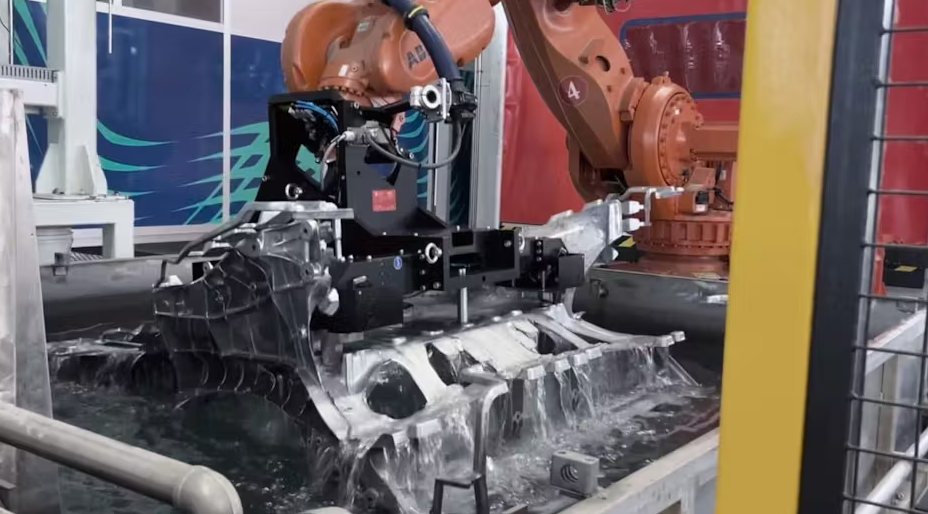您想继续阅读英文文章还
是切换到中文?
是切换到中文?

THINK ALUMINIUM THINK AL CIRCLE

In a situation where companies like Novelis are facing the brunt of business closures and job cuts, US-headquartered Ford Motor is hitting the reset button on its EV strategy with a bold new plan, creating hope for the downstream aluminium industry in the region.

The automaker has unveiled a USD 2 billion investment in its Louisville, KY, Assembly plant, setting the stage for a lineup of next-generation, more affordable electric vehicles by 2027. This move signals optimism for the downstream aluminium industry, especially in the US region. At the heart of this transformation is the Ford Universal EV Platform, which is set to power a range of next-generation, more affordable electric vehicles by 2027.
However, Ford’s push into the EV sector is not without challenges.
The automaker is contending with rising tariffs on critical materials like aluminium and steel. Ford’s dependence on imported aluminium, much of it from Canada, is being tested by new trade tariffs imposed by the Trump administration, which now stand at 50 per cent on certain imports. The impact of these tariffs was evident in Ford's revised 2025 forecast, where it revealed an additional USD 0.5 billion cost due to these trade issues, bringing the total expected tariff burden to USD 3 billion.
Despite these challenges, Ford is leaning into aluminium’s role in its future by adopting megacasting and aluminium unicastings for its vehicle structures. This is where Ford’s USD 2 billion investments comes into play, by creating a more efficient, simplified manufacturing process that reduces reliance on multiple parts, particularly those that need to be imported.
…and so much more!
SIGN UP / LOGINResponses








